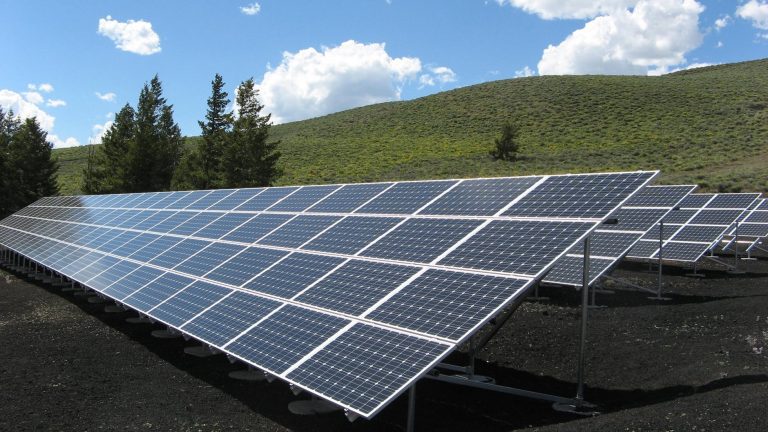
We can all agree that war is one of the worst things that we humans are capable of. The loss of life, the destruction of homes, and the economic repercussions are enough reason to avoid war at all costs. However, there is one reason that is so often overlooked and that is the effect that war has on our environment.
As we become more and more capable of creating tools of destruction, we are also becoming the very killers of the only planet that we call home. A prime example of this is the invention and use of the atomic bomb. Both bombs that toppled the Japanese war machine caused great destruction to Nagasaki and Hiroshima.
The first and most lasting effect of war is soil contamination. The transportation and use of nuclear, biological, and chemical weapons result in barren lands. A growing trend in military development is the use of depleted Uranium shells.
These are favored over lead because depleted Uranium shells are denser and are thus more capable of penetrating tank armor versus conventional ammunition.
These shells contain radiation that can easily contaminate the soil of the immediate vicinity.
The worst case of radiation contamination happened when atomic bombs were dropped on Nagasaki and Hiroshima. Apart from the immediate incineration of everything within a one-mile radius from the point of impact, the explosion caused a nuclear fallout that contaminated the air, water, and soil for many years.
Another adverse effect that war has on the environment is the conversion of land into industrial plants that manufacture various types of weapons, vehicles, and ammunition. America converted many of its automobile factories into wartime production facilities and also created new factories to meet the production demands that World War II required.
On the same note, many of these facilities also carried out weapons testing, so the environment, once again, suffered for the benefit of creating more efficient weapons.
The local flora and fauna are also affected by the onset of war. Logistics dictate that there is a directly proportional relationship between the size of an army and the supplies required to sustain it.
During ancient times, armies would raid and pillage nearby villages to sustain themselves. This principle still applies to modern warfare. If supplies are unavailable, soldiers are encouraged to remedy this by hunting and gathering supplies from their immediate vicinity.
This can greatly disrupt the balance of local plants and animals and the effects are greatly amplified the bigger the army is. A prime example of this was seen during the war in Sudan where poachers hunted animals to sustain civilians and soldiers alike.
The number of elephants at the Garamba National Park was reduced from 22,000 to 5,000.
Not only does the hunting of local flora greatly affect the immediate environment, but so does the introduction of a species that wasn’t meant to live in the area. The introduction of a new predator can easily deplete the food source of another species. This happens as supplies are transported across varying types of biomes.
War is not a joke and it has lasting adverse effects on our environment. One day, should future wars ever break out, there won’t be any winners left if we end up killing the planet. What else will the victors gain if not a smoldering heap of barren wasteland that puts post-apocalyptic books to shame?
For more articles like this, visit https://actionac.net.





Leave a Comment